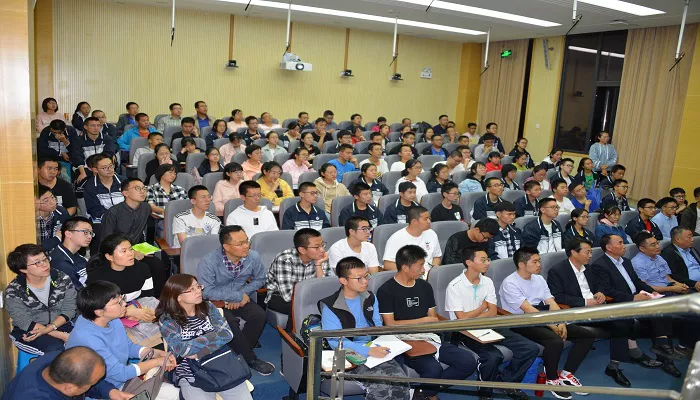Recently, the 2025 elections for new academicians of the Chinese Academy of Sciences and the Chinese Academy of Engineering were officially initiated. The election guidelines of the Chinese Academy of Sciences clearly state that “researchers with long – term work experience on the front line of scientific research should be given priority in recommendation.” There is a firm determination to break the “Four Onlys” (only looking at papers, titles, awards, and academic degrees), abandon the practice of promoting based on seniority, and not use talent titles as the sole criterion. In recent years, the academician system has been continuously refined, emphasizing an academic – oriented approach and strictly controlling the entry standards for the academician team.
By establishing an environment that respects knowledge and talent, it has attracted more outstanding individuals to contribute to the development of science and technology. As talent is the primary resource, for China to achieve high – level self – reliance and self – strengthening in science and technology, it ultimately relies on high – level innovative talents.
Adapting discipline settings and talent cultivation mechanisms to the laws of scientific and technological development and the dynamic changes in the national economy and society, and comprehensively enhancing the quality of independent talent cultivation, is a crucial issue of the era for China in its pursuit of becoming an educational powerhouse. Recently, the Ministry of Education updated and released the “Directory of Undergraduate Programs in Regular Institutions of Higher Learning (2025)”, adding 29 new programs. For example, to serve national strategies, new majors like Carbon Neutrality Science and Engineering and Health and Medical Security were introduced. Facing the forefront of technological development, majors such as Intelligent Molecular Engineering and Spatio – Temporal Information Engineering were added.
Actively responding to market demands, new majors including International Cruise Management and Aviation Sports were established. At the same time, with a focus on the empowerment of economic and social development by artificial intelligence, majors such as Artificial Intelligence Education and Intelligent Audio – Visual Engineering were added. This precise talent cultivation has improved the alignment between higher education and social needs.
Cultivating talent and sowing the seeds of scientific dreams should begin in childhood. During this year’s May Day holiday, science and technology museums across the country became some of the most popular “attractions.” The China Science and Technology Museum launched a series of popular science activities themed “Labor Creates the Future, Science Illuminates Life.” The newly opened “Charming Ice and Snow” exhibition area of the Heilongjiang Science and Technology Museum receives an average of 10,000 visitors daily.
The “Science Encyclopedia” at the Hubei Science and Technology Museum holds four sessions each day, guiding children to explore the mysteries of science through mobile trolleys. These activities are novel and highly interactive. As children participate, the seeds of science quietly take root in their hearts. Outstanding talents also require continuous motivation. Recently, several important national commendations for outstanding talents were issued. Among the national model workers, advanced workers announced before May 1st (International Workers’ Day), and the recipients of the 2025 China Youth May 4th Medal, many are scientific and technological workers.
The increasingly favorable environment for scientific and technological innovation has significantly stimulated the innovative and creative vitality of a large number of scientific and technological talents. Recently, Professor Li Yibo’s team from the National Key Laboratory of Crop Genetic Improvement at Huazhong Agricultural University discovered a key gene that makes rice “heat – resistant” and analyzed the mechanism by which it regulates rice’s high – temperature tolerance.
The serial accelerator system developed by the China Institute of Atomic Energy for Harbin Engineering University has passed the acceptance inspection. This is China’s first commercial serial accelerator system, indicating that China has achieved full independent control over serial accelerators. In all sectors, high – level talents are wholeheartedly dedicated, striving and contributing in line with national strategies, market demands, and technological development.
By firmly regarding talent as the primary resource and continuously working on talent selection, cultivation, and utilization to further unleash talent vitality, China will gain strong support for achieving high – level self – reliance and self – strengthening in science and technology and building itself into a scientific and technological powerhouse.
Related topics


